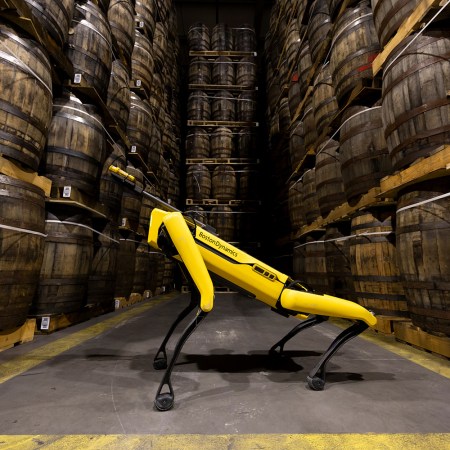According to a new TV documentary, a 16th-century version of a poetry slam in Scotland may have given the world one of the first recorded uses of the f-word.
One part of a recent BBC Scotland program Scotland – Contains Strong Language focuses on the Bannatyne Manuscript, a work of medieval literature compiled by the Edinburgh merchant George Bannatyne in 1568 when, yes, a plague struck the city and people were quarantined at home.
Within the manuscript: “The Flyting Of Dunbar And Kennedy,” which The Scotsman notes is an account by poet William Dunbar of a duel with Walter Kennedy, supposedly conducted before the court of King James IV of Scotland around 1500. One of those duel insults? The phrase “wan fukkit funling.”
It turns out you can turn up a lot of fun things during a lockdown, as plagues were prevalent in Europe from the 6th-17th centuries.
Admittedly, this is not the oldest use of the f-bomb. As IFLScience points out, that credit goes Roger Fuckebythenavele, who used the word in a 1310 courtroom, according to The Independent, though that was during a legal case.
Subscribe here for our free daily newsletter.
Thanks for reading InsideHook. Sign up for our daily newsletter and be in the know.



















